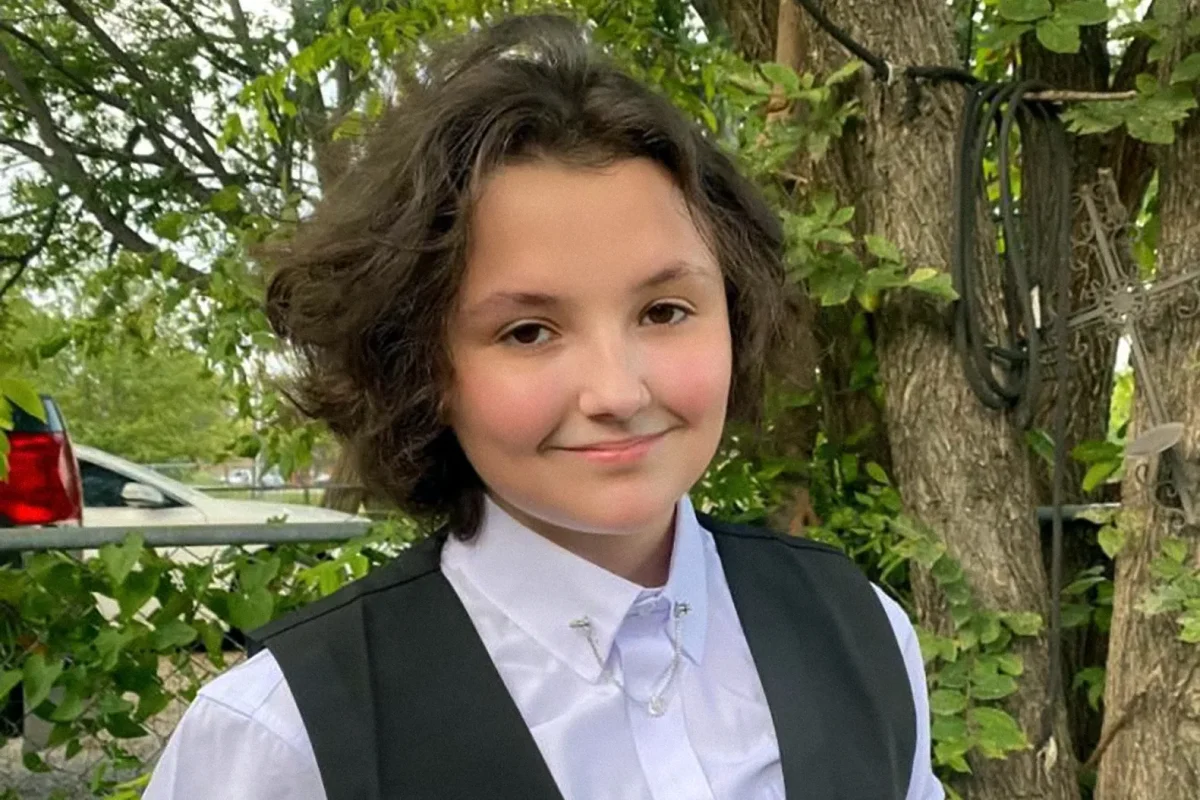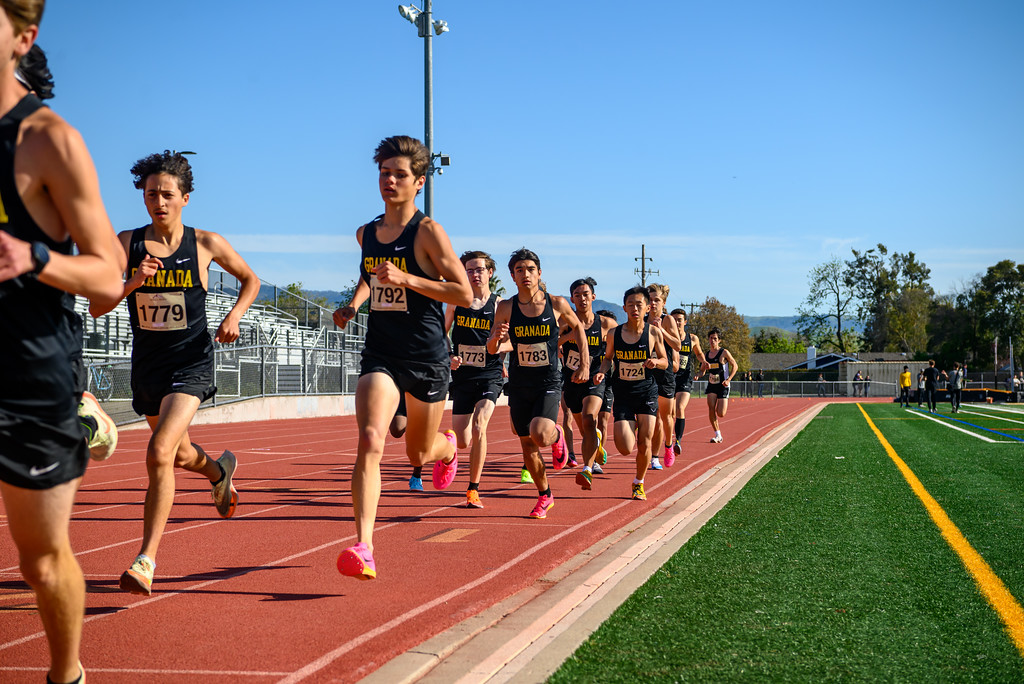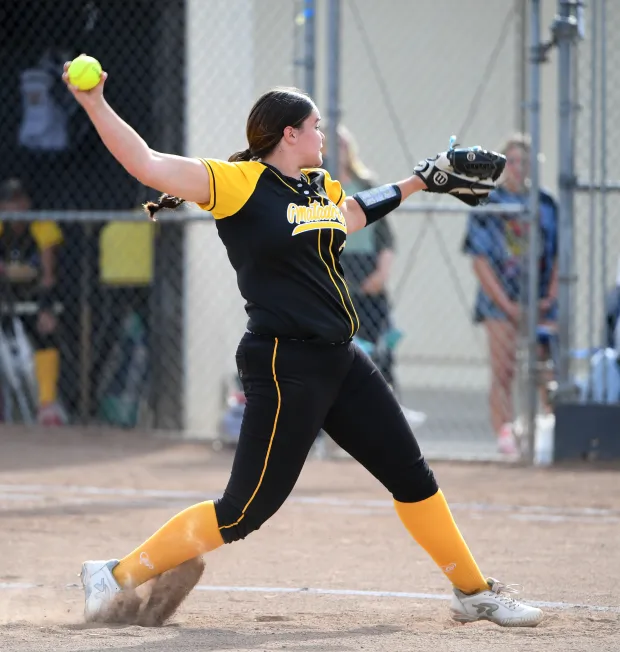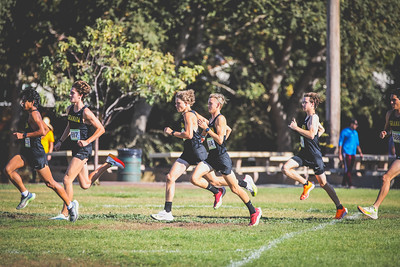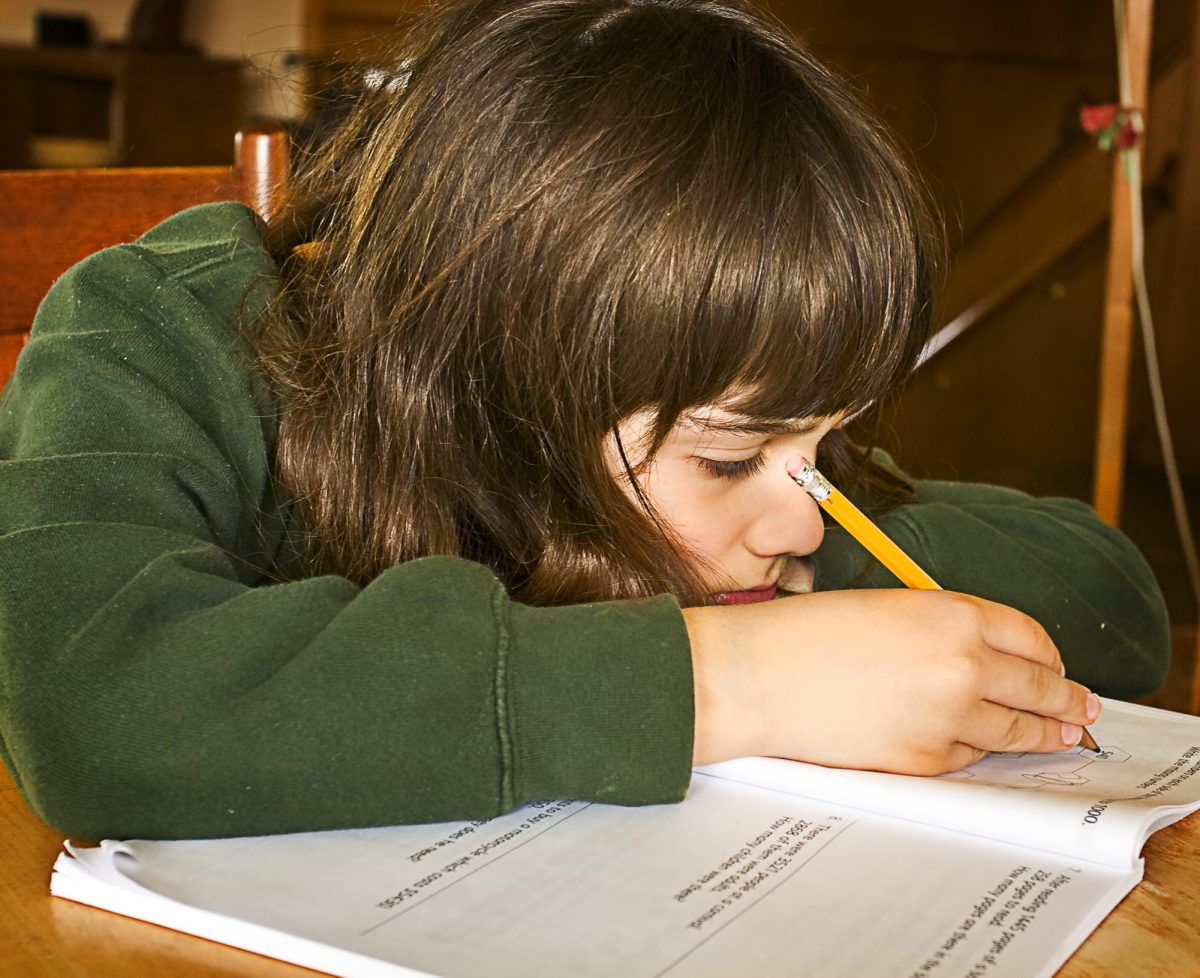Since the COVID-19 pandemic began in Wuhan, China in late 2019, spreading to the U.S. in early January the next year, life changed around the world. With the fast-paced spread of the illness across America, students’ lives were turned upside down.
According to Education Week, forty-eight states, four U.S. territories, the District of Columbia, and the Department of Defense Education Activity had ordered “school building closures for the rest of the academic year,” which eventually bled into the year after that as well. This affected at least 50 million students across the country. Students were instructed to learn online with their classmates and teachers via daily meetings on websites like Zoom and Google Meet. This style of learning was new to everyone, and took some adjusting to. In some ways, online learning had its benefits. Students got to wake up later, had more time for homework, and even do school in their pajamas if they wanted to. Teachers probably had much more leeway as well. However, the long time away from in-person learning also created some bad habits that were unfortunately brought into school once people were allowed back in classrooms again.
Virtual learning unintentionally created some major issues with inattention, and lack of focus, and participation for many students. According to the National Center for Education Statistics survey done in May of 2022, “more than 80% of public schools had noticed slower behavioral and socio-emotional development in students amid the pandemic.”
The in-home quarantine plus the new online-learning technique prevented kids from being able to engage in in-person social interactions with others, causing the internet to become students’ main source of communication and only way to connect with others. This led to hours on end of constant scrolling.
Mrs. Brickwedel, a FIT and Honors Social Science teacher, said that she is “very concerned” about students’ social and emotional wellbeing, and, “that is why in FIT we do a whole week on mental health.”
Brickwedel states that since the lockdown, students have really been, “struggling with their listening skills. That’s what gets me the most because I’ll give a set of directions and I’ll have a number of kids not be able to follow them, and it’s really frustrating because I think I’m being very clear.”
The internet can be an extremely addictive platform, to which many teens succumb to when they feel as though they have nothing better to do. The NIH says that “During the COVID-19 pandemic, internet users increased by 52%, and the number of people suffering from internet addiction reached 14.4%.”
This is a huge issue because Internet addiction can cause trouble with psychological and social functions and lead to extremely maladaptive behavior. Excessive Internet use can also lead to little sleep, failure to eat for long periods, and limited physical activity. These possibilities can create physical and mental health problems such as depression, OCD, low family relationships, challenge connecting with others, and anxiety. This is what made it so difficult for students to engage in in-person schools and connect with their teachers once they returned to classrooms. Student behavior in schools has never been perfect, however this fast decrease in attention spans, positive attitudes, and involvement poses many issues for the future of education.
Another side effect of online learning was an increase in bullying rates. Bullying can manifest in many ways, including online. The lockdown brought on by COVID-19 has had negative influences on people’s’ lives both at home and in their communities. Studies have shown increases in anxiety, doubt, and uncertainty with teens especially.
Brickwedel concurs, “Covid has affected their social behavior, and the way they interact with one another. They’re so used to being on their phones, so I think they’re even more isolated, and they don’t have those communication skills.”
This resulted in lack of empathy, which led to harmful behavior, including a rise in cyberbullying and increasing worries about a wide range of mental problems. “Disruptions after the long stretches of virtual learning ranged from smaller infractions to verbal and physical fights.” (Chalkbeat).
The pandemic-enforced online schooling was really tough on everyone. Although cyberbullying has been around for a while, it usually occurs when youngsters are dealing with personal issues themselves, and feel the need to bring others down to their level.
Zena Aly (9) states that during the lockdown she and her friends would play video games much more often due to so much free time. However, while doing so they, “came across a lot of mean people online, [but] it was practically normal for us at some point.”
Cyberbullies feel so much more powerful while hiding behind their screens because it allows them to say or do things they may not have the courage to do in person. Thus, virtual schools created optimal time for insecure students to pick on others. Additionally, online bullying can often be anonymous, which can make it difficult for faculty to trace and hold the bully accountable for their actions.
Lastly, virtual education caused students to lose important disciplinary skills and forget what is appropriate and not while on campus. This is due to the fact that kids were capable of getting away with so much more from the comfort of their screens at home than they could while actually inside classrooms. Over Zoom, teachers had a harder time being able to catch students when they were making inappropriate or poor choices, such as cheating on tests, texting on their laps below the cameras, or even skipping their classes entirely.
Pranavi Pasupulati agrees, “Students got away with a lot during distance learning because most of the time teachers didn’t even know what was going on at the other side of the screen.”
Students got too lazy and comfortable. They began to think they could do whatever they wanted with zero questions asked or consequences given. Brickwedel agrees. She believes that students “just forgot how to work appropriately” and, “a lot of students just lost motivation.”
So, when schools finally went back to in-person education, teens brought those habits they created with them onto campus. Even now, over a year after the nation’s return to in-person learning, teachers have seen “a surge of disruptive behavior in schools.” (Chalkbeat).
According to a report done by EAB, “…nearly 70% of educators surveyed last fall said behavioral disruptions had increased since the 2019-20 school year.”
The amount of freedom given to students during the distance learning year was too great, and caused some students to forget what the standard policies and expectations for their maturity levels are. As difficult as managing the transition was, it has been long enough. Students should have an understanding of what is expected of them at this point.
The COVID-19 pandemic caused many challenges for students returning to in-person schools. Distance learning created behavioral, maturity, and relationship problems, making the transition even more difficult. Though students went through various changes over the two years away from their teachers and classmates, there is never an excuse for disrespectful actions on or off campus. Students at GHS should be mature enough by now to make smart choices that benefit themselves and will help make their educational careers more effective for their futures.



